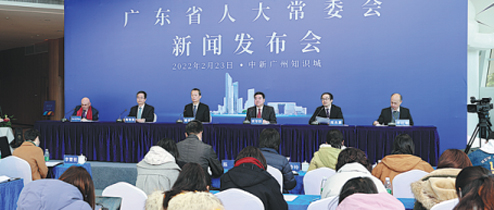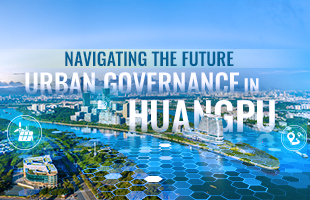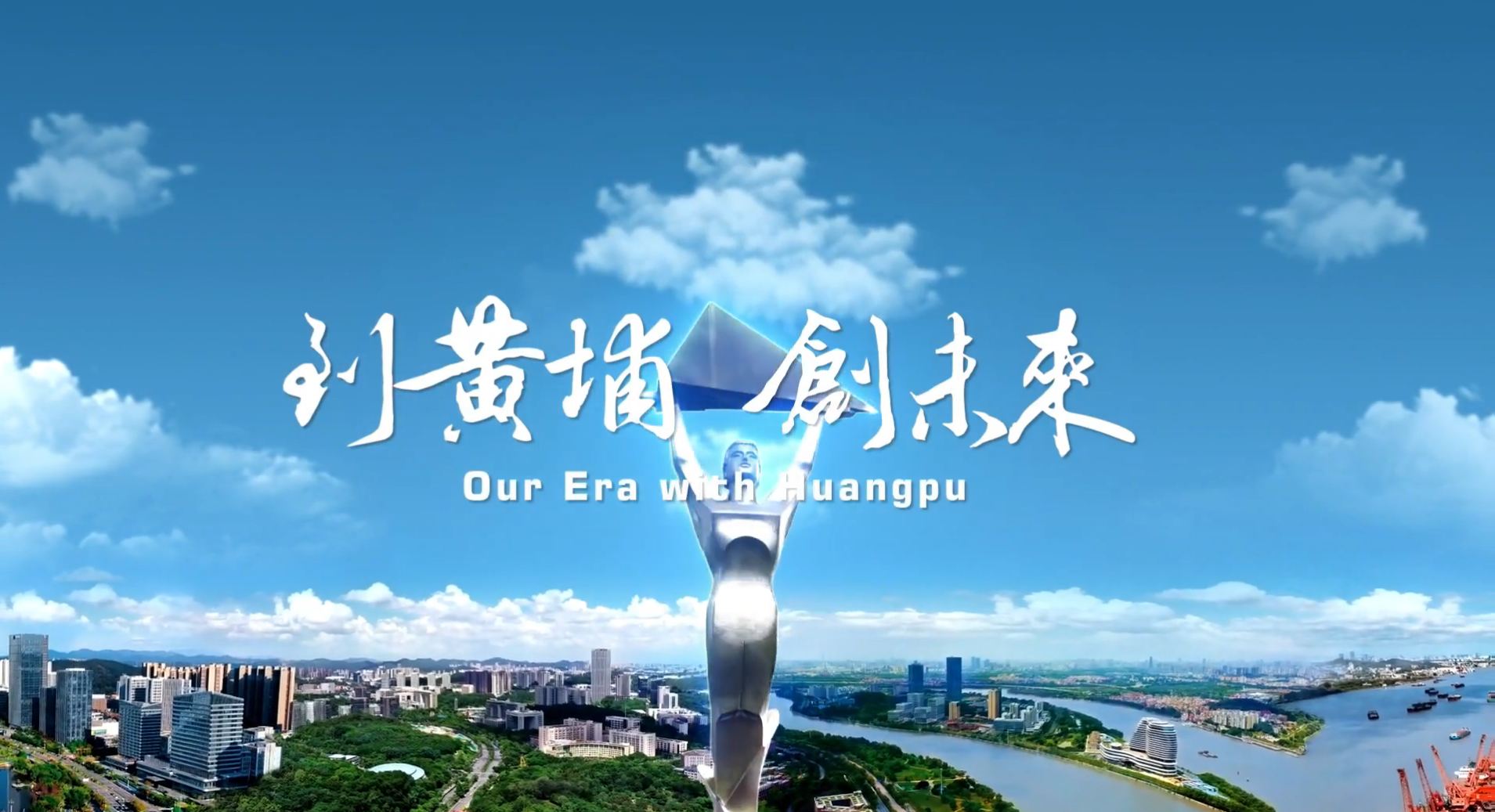Knowledge city regulations reassure investors, researchers and top talents
By YUAN SHENGGAO| Source: China Daily | Updated : 2022-02-28Building an IP highland
Scientific and technological innovation and IP protection are key chapters of the regulations. After 11 years of development, the knowledge city grasps the "golden key" of IP protection with one hand and holds up the "hard fist" of technological innovation with the other.
According to the regulations, the knowledge city aims to improve the scientific and technological innovation system; strengthen the protection of IP rights; develop the IP service industry and create a global IP highland.
"With the implementation of the regulations, the knowledge city will promote the development of knowledge-intensive industries," said Chen Zhiyong, deputy Party secretary of Huangpu district in Guangzhou, which is home to the knowledge city.
"The knowledge-intensive enterprises are also IP-intensive enterprises. The demands for property rights protection, operation and services are also relatively strong."
So far, the knowledge city has gathered intellectual property protection institutions, such as Guangzhou Intellectual Property Court and Guangzhou Intellectual Property Arbitration Court. Among the first batch of Singaporean scientific research companies that have settled in the knowledge city, Biosyngen is a model project of the China-Singapore cooperation in the field of biomedicine.
Jean-Paul Thiery, chief scientific adviser and chairman of the scientific committee of Biosyngen, said that the regulations show the determination of the government to protect IP rights, as well as the respect to and protection of scientific researchers. "The knowledge city's favorable investment environment, efficient and advanced management concepts and methods have given us a strong sense of belonging, security and gain," he said.

Representatives attend the news conference on the regulations in Guangzhou, Guangdong province. CHINA DAILY
Talent support
The regulations strengthen the unique advantages of Sino-Singaporean cooperation and promote the knowledge city to cooperate with Singapore in areas such as scientific and technological innovation; industrial development; IP rights; talent training; urban governance and the business environment.
The regulations propose that knowledge cities should build a knowledge-intensive industry system focusing on the development of major industries.
These include biomedicine and big health; new-generation information technology; new material and new energy; science and education service; digital creative industry, intelligent manufacturing and the integrated circuit industry.
Knowledge-intensive industries are closely tied to talent support. The regulations state that the knowledge city should launch the talent management mechanism and create a free port for international talents.
It includes measures such as supporting scientific research institutes to jointly run schools or talent training programs in the area and setting up special funds for talent development.
The administrative committee of the knowledge city has also built a one-stop talent service hall, improved its inclusive and fair housing security system and expanded the coverage of housing security for talents.
It established the country's first Overseas Talents Innovation and Entrepreneurship Zero Movement service center, which has been approved as the city's first national innovation and entrepreneurship base for overseas talents.
The knowledge city has gathered a team of top talents led by 24 academicians, including Wang Xiaodong and Shi Yigong, trained more than 3,400 postgraduates and more than 1,000 high-end applied talents.
Li Honglang, deputy director of the National Nanotechnology Innovation Research Institute of the Guangdong-Hong Kong-Macao Greater Bay Area, paid attention to the talent policy in the regulations.
He believes that the introduction and support of talents in the regulations include not only innovations in management systems, but practical incentives and services.
"In the key innovation projects subsidized by the government, innovation leaders will be given the right to control human resources and property and the right to decide the technical route. This regulation expands the autonomy of scientific and technological leaders, enabling chief scientists and their teams to devote themselves to scientific research, which is conducive to exploring new models for training and securing the top talents," Li said.
- Investment and Entrepreneurship
- Investment Advantages
- Investment Guide
- Policies
- Key Projects
- Major Industries
- Industrial Parks
- Investment Opportunities
- Technological Innovation
- IPR
- Enterprises
- Talents
All rights reserved. Presented by China Daily
粤ICP备16087157号-1










